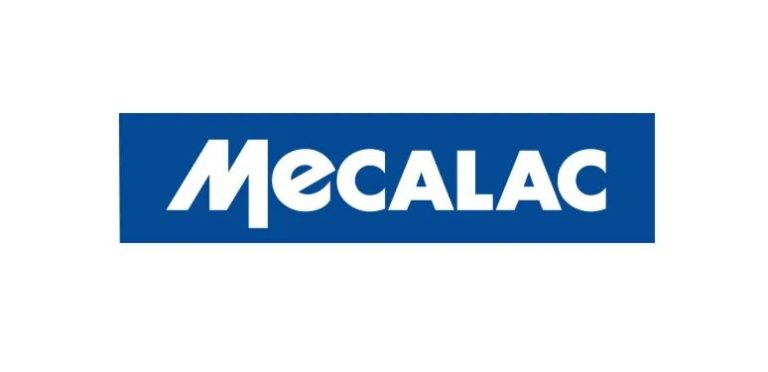The Glass and Glazing Federation (GGF) Group is pleased to announce strategic changes to its management structure, to focus on improving services and further development of the GGF and its subsidiary commercial companies, FENSA, BFRC, Installsure and RISA. The following changes have been made with full approval of the GGF Board and the Senior Management Team of the GGF Group. With immediate effect, GGF Managing Director John Agnew will assume overall responsibility for the operational activity of GGF (trade federation), GGF’s central internal services (HR, Finance and IT), and all subsidiary commercial companies. All GGF trade federation management, heads of central cervices & subsidiary commercial company heads will report to John Agnew in their day-to-day roles. Also with immediate effect, Anda Gregory will assume the new role of Chief Development Officer and take full responsibility for the business development activity of the GGF Group, including the trade federation, the central internal services and subsidiary commercial companies. All employees of GGF, the trade federation, central internal services and subsidiary commercial companies will report to Anda on all matters relating to the development of the business processes and systems and more importantly Anda Gregory will lead the development of the GGF Group’s products and services to all GGF Group shareholders, stakeholders and customers. Both John and Anda will continue to report to the GGF President, Tony Smith, acting on behalf of the GGF Main Board. On the new structure, GGF President Tony Smith stated, “This is an exciting time for the GGF Group of businesses, and these changes will enable us to drive the businesses forward creating excellent opportunities for our employees, customers, and shareholders.” On her new role, Anda Gregory commented, “I’m really excited by my new role as it will free up time to work on developing the business in a positive way, which is hard to do effectively around business as usual. And it’s great knowing that the commercial businesses will continue to be well looked after with John Agnew at the helm.” John Agnew concurred, “The changes that we have made in roles and responsibilities, will position the GGF Group of businesses to really focus on operational activities, whilst also developing the opportunities for business growth. This a very positive change for the whole organisation and I look forward to working with my colleagues as we embed the new structure for the benefit of all parts of the GGF Group.” Anda added, “The pandemic has given us the opportunity to reflect on what will work best for the businesses and the group as a whole. Standing still isn’t an option if we are to retain our leading positions in the glass, glazing and fenestration sectors. I’m very much looking forward to the new challenges and working on exciting initiatives for our industry.” Companies who are part of the GGF and its subsidiary commercial companies, should benefit significantly from these changes, with the new and sharper focus to take advantage of the raft of opportunities emerging as the industry recovers from unprecedented times. The new structure, will enable the GGF Group to grow quicker and improve all aspects of the business, from revenues, profits and investment, through to better processes, systems and a sustainable business that can enable a secure long term future for many in the industry. Tony Smith concluded by sharing his thoughts from a strategic perspective, “For many years, the GGF and its commercial companies have operated well but often independently. These changes will see the GGF Group make better use of its specialist skills across the organisation to improve the delivery of existing services and be more effective in the joint promotion of the GGF and its subsidiary commercial companies. I am sure all connected to the GGF Group will join me in extending our best wishes to John and Anda in their new roles.” The Glass and Glazing Federation (GGF) The Glass and Glazing Federation (GGF) is the primary trade association for companies that make, supply or fit flat glass and related products representing more than 60% of the industry’s turnover. As such the GGF is the recognised leading authority for employers and companies within the flat glass, glazing, window, home improvement, plastics and window film industries. This includes double glazing, Energy Efficient Windows, replacement windows, doors, conservatories, applied film, hardware, safety glazing, sealants, fire resistant glass, emergency glazing, decorative glass, secondary glazing, solar control and plastics. The GGF provides information for homeowners, professional specifiers and anyone seeking professional and unbiased information on any aspect of glass and glazing in the UK. GGF members supply replacement windows, doors, conservatories and Energy Efficient Windows in all framing materials including Aluminium, PVC-U, Steel and Timber. The GGF is a great promoter of energy efficient glazing and the GGF’s Carbon Calculator enables homeowners and others to see how much money and carbon can be saved by installing new Energy Efficient Windows. Architects and Specifiers are well supported with a range of literature and professional advisors to assist with all aspects of specification and related issues. GGF Members sign up to the Federation’s Code of Good Practice and are vetted before being accepted. A free conciliation service is provided for mediation between customers and supplying member companies when required. For further information go to: http://www.ggf.org.uk or for consumer information generated by the GGF please visit www.MyGlazing.com














